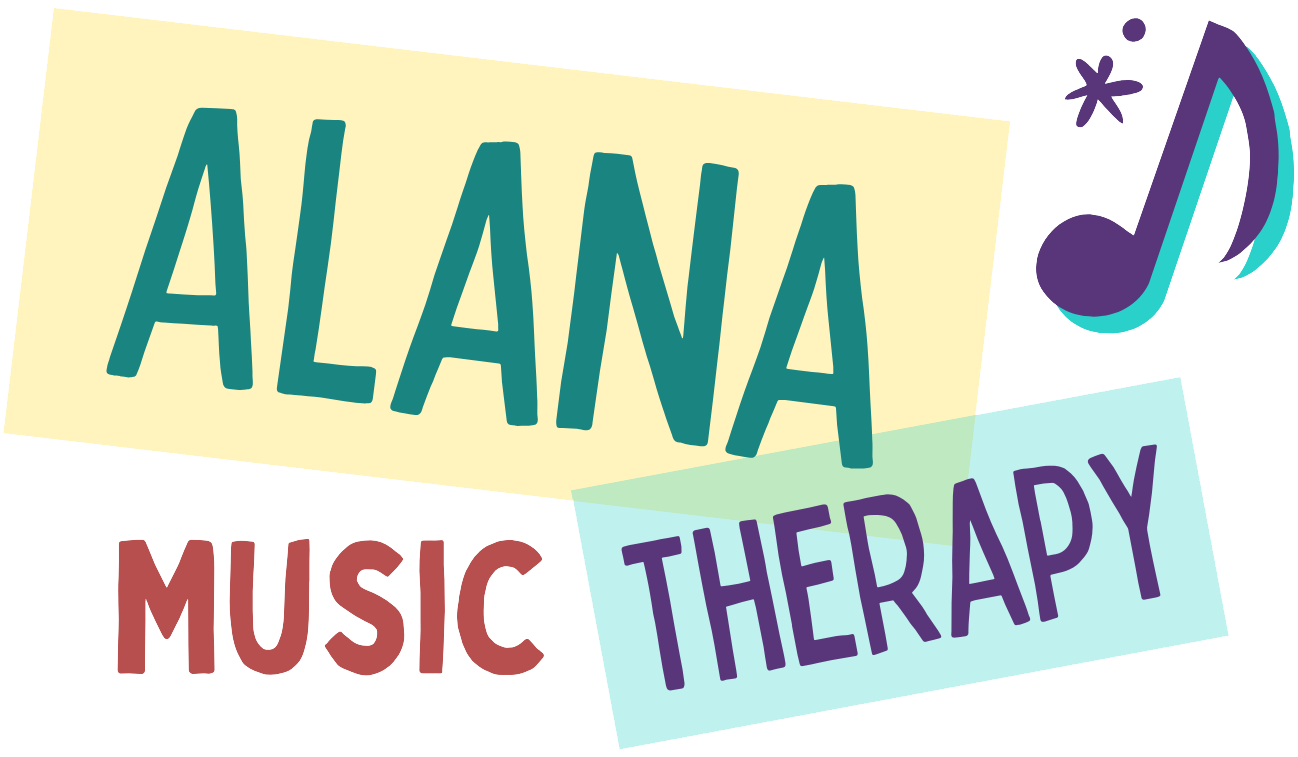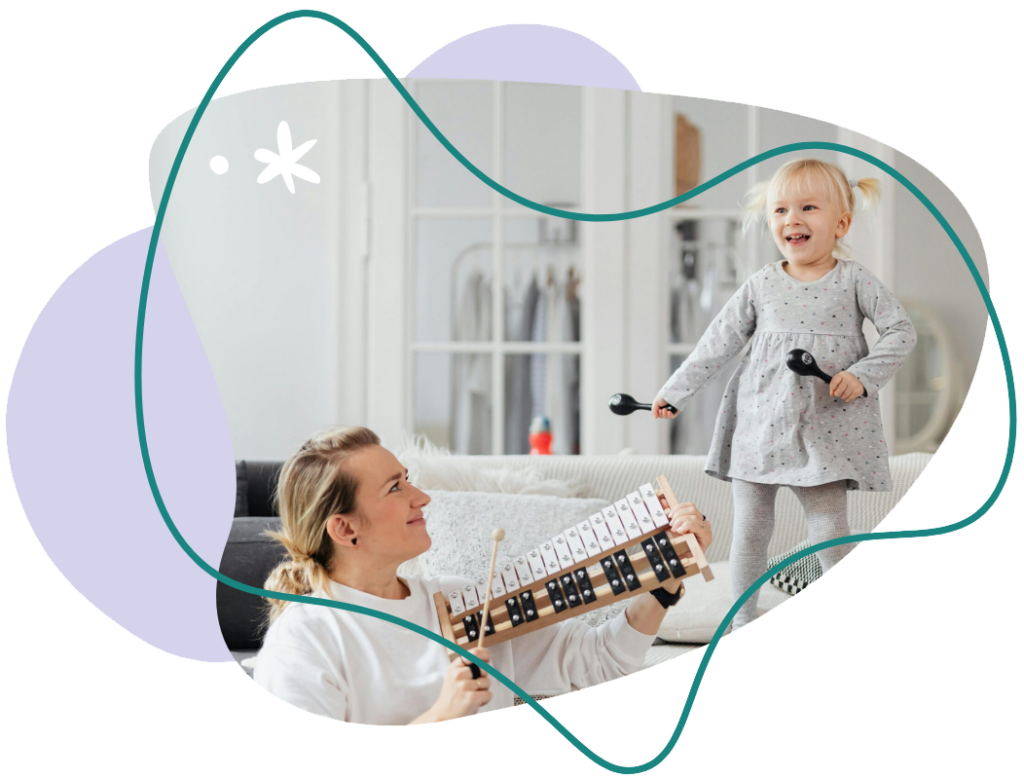
“Music therapy is the clinical and evidence-based use of music interventions to accomplish individualized goals within a therapeutic relationship by a credentialed professional who has completed an approved music therapy program.”
— American Music Therapy Association (AMTA)
What Training Do You Need to Become a Music Therapist?
To become a music therapist, you need a combination of formal education, clinical training, and board certification:
Education:
A degree in music therapy from an accredited institution is required. This could be a bachelor’s degree (Bachelor of Music Therapy or Bachelor of Arts in Music Therapy), a master’s degree in music therapy, or a post-bachelor’s certification for those with related undergraduate degrees.
Clinical Training:
You must complete 1,200 hours of supervised, hands-on clinical training working with different populations under the guidance of a music therapist or related professional.
Board Certification:
After completing education and training, you must pass the Board Certification Exam administered by the Certification Board for Music Therapists (CBMT). Certified music therapists earn the title MT-BC (Music Therapist – Board Certified).
To maintain accreditation, music therapists must complete continuing education classes and recertify with the CBMT every five years.
Meet Alana, MA, MT-BC
board certified music therapist (MT-BC)
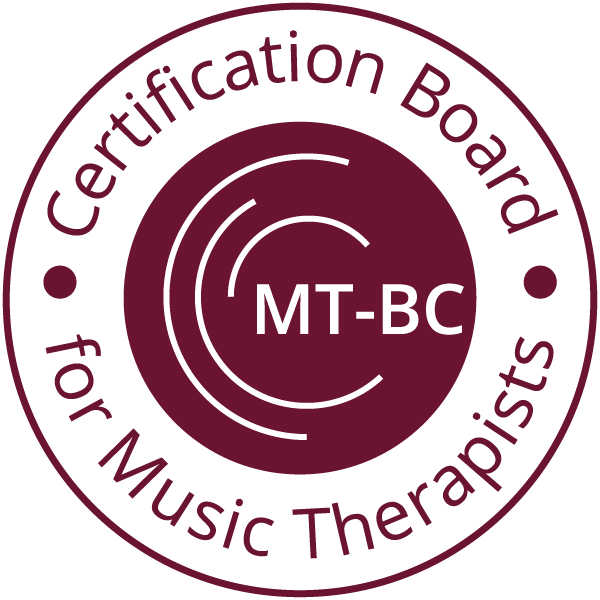
Since becoming board-certified in January 2015, I have maintained my certification through ongoing education.
My 1,200 hours of clinical training took place at the Jewish Eldercare Centre, L.I.N.K.S High School, Papillon Day Care, and the Center for Arts in Human Development in Montreal, Quebec.
I earned my Master of Arts in Music Therapy from Concordia University in 2016.
Traditional Piano Lessons Vs Music Therapy Lessons
The primary difference between traditional piano lessons and music therapy centered piano lessons lies in their objectives, methods, and outcomes.
Objectives:
| Traditional piano lessons | Music therapy focused piano lessons |
| Primarily aimed at developing technical skills and musical knowledge. The goal is to teach students how to play the piano to the best of their abilities, covering aspects such as technique, theory, sight-reading and performance, focusing on musical progression and mastery. | Designed with a therapeutic purpose in mind. The primary goal is not necessarily to develop musical proficiency, but to use music as a tool for emotional, cognitive, physical, communication or social growth. Music therapy centered piano lessons might be tailored to help individuals cope with stress, improve mood, reinforced set goals by family and school, improve attention span, maintain motor function, all while learning an instrument |
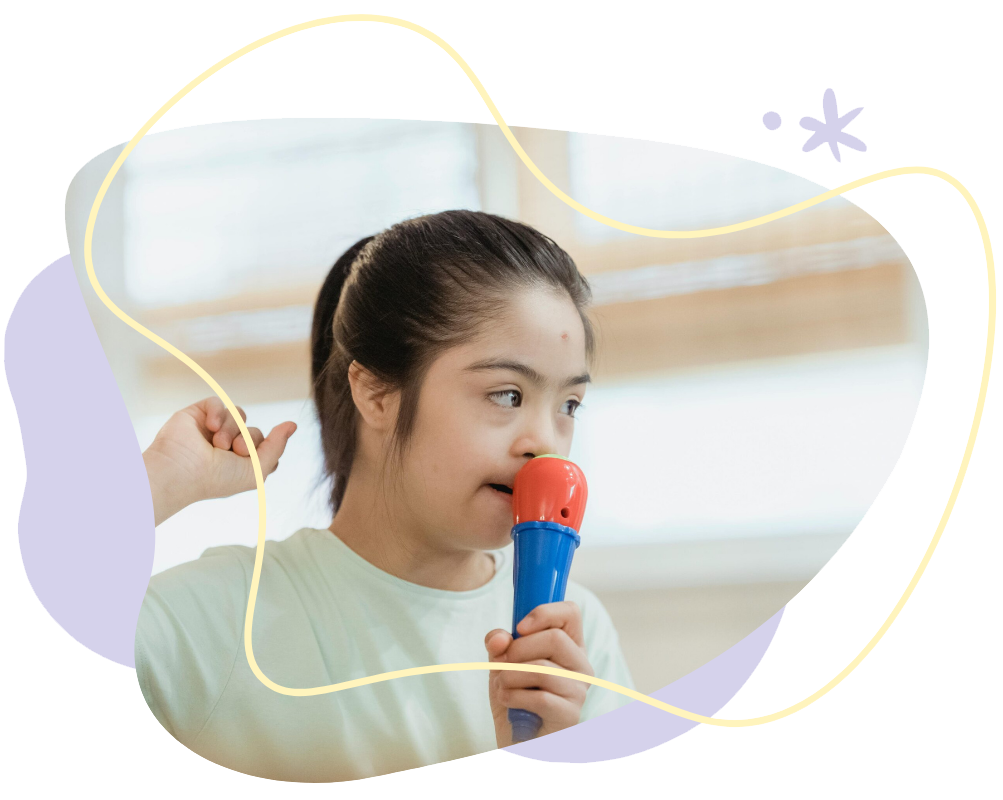
Methods and Approaches
Traditional piano lessons usually follow a set, structured curriculum that may involve learning scales, classical pieces in increased difficulty, arpeggios, music theory, sight-reading and more. There are many different approaches to learning piano, depending on the teacher, but the end result is centered around becoming a better pianist and musician.
Music therapy centered piano lessons are guided by a licensed music therapist and might not follow a traditional curriculum. Part of the lesson will be focused on gaining piano proficiency using therapeutic techniques, and the other part will utilize other music therapy interventions – allowing the student to be creative in their musical expression while continuing to reinforce the goals set for them in lessons through music.
Outcomes and Benefits
While mastery of the piano is part of traditional piano lessons, it’s not necessarily the primary goal in music therapy. The outcome is more focused on social, emotional, cognitive, physical, communicative, musical, sensory, and self-awareness. This could mean:
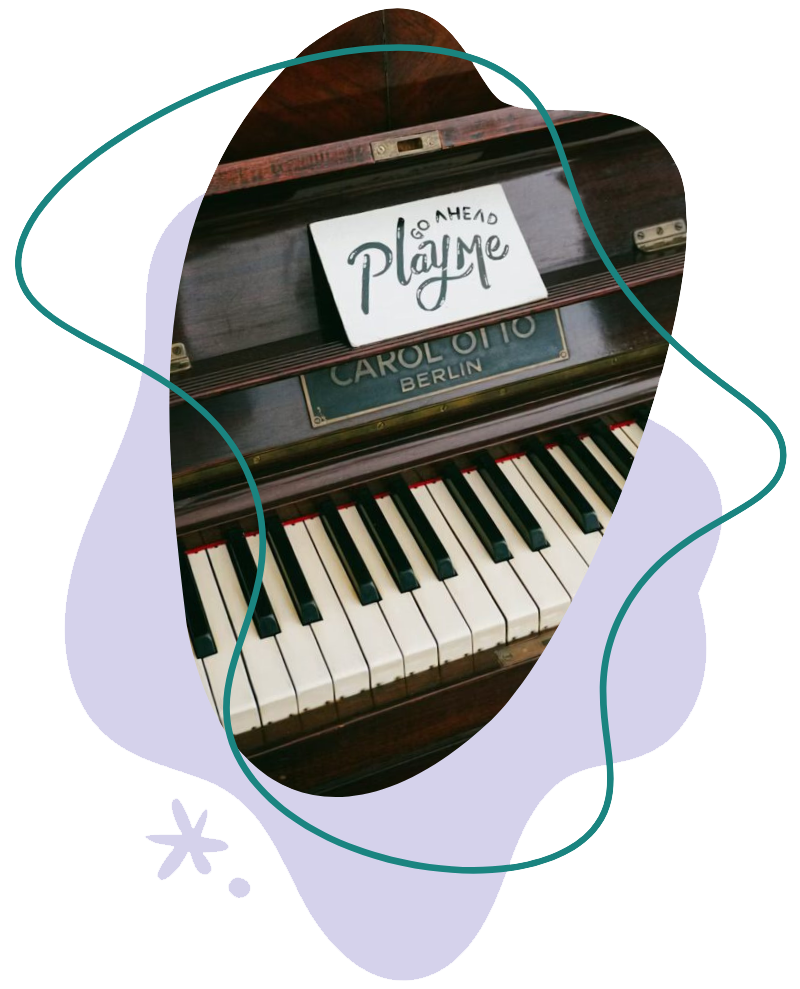
- Improving vocalization to encourage speech
- Enhancing emotional expression or self-awareness
- Reducing anxiety or stress
- Maintaining or improving motor skills and coordination
- Fostering a sense of social connection
- Slowly increasing attention span
Summary
Traditional piano lessons are a wonderful gift to give a child to expand their horizons and expose them to the benefits of learning and playing music. However, they are rooted in music education and are not necessarily structured in a way that is conducive for children with special needs.
Music therapy centered piano lessons are aimed at using music to address specific therapeutic goals using music as the tool to achieve change.
Ready to Begin?
Discover how music therapy lessons can benefit your child and support their journey.
